Is there any way to write a LINQ style "short hand" code for walking to all levels of InnerException(s) of Exception thrown? I would prefer to write it in place instead of calling an extension function (as below) or inheriting the Exception class.
static class Extensions
{
public static string GetaAllMessages(this Exception exp)
{
string message = string.Empty;
Exception innerException = exp;
do
{
message = message + (string.IsNullOrEmpty(innerException.Message) ? string.Empty : innerException.Message);
innerException = innerException.InnerException;
}
while (innerException != null);
return message;
}
};
